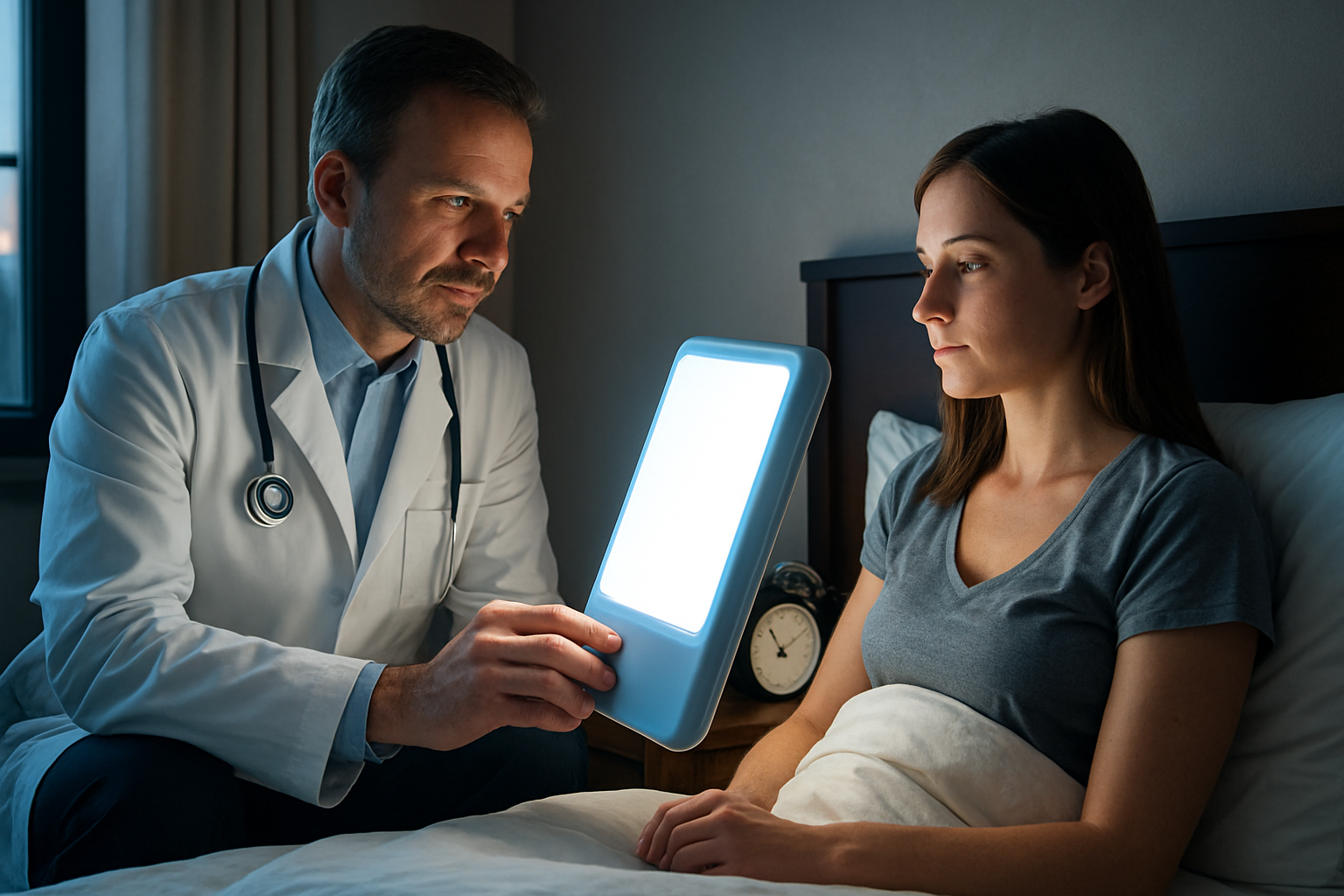Causes of Excessive Daytime Sleepiness (Take A Look)
Struggling to stay awake during the day? Excessive daytime sleepiness could signal more than simple fatigue. From hidden health issues like sleep apnea and thyroid problems to unnoticed lifestyle habits, learn the surprising causes, when to seek medical advice, and how to finally feel alert and energized.

What is Hypersomnia and How Does it Relate to EDS?
Hypersomnia is a sleep disorder characterized by excessive daytime sleepiness and prolonged nighttime sleep. It’s one of the primary causes of EDS, but it’s important to note that not all cases of EDS are due to hypersomnia. Hypersomnia symptoms often include difficulty waking up in the morning, feeling unrefreshed after sleep, and experiencing sudden sleep attacks during the day. These symptoms can significantly disrupt daily activities and impact overall well-being.
What Medical Conditions Can Cause Excessive Daytime Sleepiness?
Several medical conditions can lead to excessive daytime sleepiness. Sleep apnea, a disorder characterized by pauses in breathing during sleep, is a common culprit. Narcolepsy, a neurological disorder affecting the brain’s ability to regulate sleep-wake cycles, can also cause EDS. Other conditions include restless leg syndrome, depression, and certain medications. Identifying the underlying cause is crucial for effective treatment.
How Do Lifestyle Factors Contribute to Hypersomnia Symptoms?
Lifestyle factors play a significant role in the development and exacerbation of hypersomnia symptoms. Poor sleep hygiene, such as irregular sleep schedules or inadequate sleep duration, can lead to excessive daytime sleepiness. Shift work, jet lag, and excessive alcohol or caffeine consumption can disrupt natural sleep patterns. Stress and lack of physical activity can also contribute to feelings of fatigue and sleepiness during the day.
What Are the Diagnostic Methods for Identifying Causes of Hypersomnia?
Diagnosing the causes of hypersomnia typically involves a comprehensive approach. Healthcare providers may start with a detailed medical history and physical examination. Sleep studies, such as polysomnography and multiple sleep latency tests, can help identify sleep disorders. Blood tests may be ordered to check for underlying medical conditions or nutrient deficiencies. In some cases, neurological imaging or psychological evaluations may be necessary to rule out other potential causes.
What Treatment Options Are Available for Excessive Daytime Sleepiness?
Treatment for excessive daytime sleepiness depends on the underlying cause. For hypersomnia, options may include lifestyle modifications, medication, and cognitive behavioral therapy. Improving sleep hygiene, such as maintaining a consistent sleep schedule and creating a sleep-conducive environment, is often the first line of treatment. Medications like stimulants or wake-promoting agents may be prescribed in some cases. For sleep apnea, continuous positive airway pressure (CPAP) therapy is commonly recommended.
How Do Healthcare Providers Approach Hypersomnia Treatment?
Healthcare providers typically take a personalized approach to hypersomnia treatment, considering the specific causes and symptoms of each patient. Treatment often involves a combination of strategies tailored to the individual’s needs. This may include medication management, sleep hygiene education, and addressing any underlying medical conditions. Regular follow-ups are essential to monitor progress and adjust treatment plans as necessary.
| Treatment Approach | Provider Type | Key Features |
|---|---|---|
| Sleep Medicine Specialist | Sleep Clinics | Comprehensive sleep evaluations, specialized treatment plans |
| Neurologist | Neurology Centers | Focus on neurological causes of hypersomnia, advanced diagnostic tools |
| Primary Care Physician | General Practice | Initial assessment, referrals, and management of mild cases |
| Psychiatrist | Mental Health Clinics | Treatment of psychological factors contributing to EDS |
| Sleep Therapist | Cognitive Behavioral Therapy Centers | Non-pharmacological interventions, behavioral modifications |
Prices, rates, or cost estimates mentioned in this article are based on the latest available information but may change over time. Independent research is advised before making financial decisions.
In conclusion, excessive daytime sleepiness can have various causes, with hypersomnia being a significant contributor. Understanding the underlying factors, whether medical conditions or lifestyle-related, is crucial for effective treatment. By working closely with healthcare providers and implementing appropriate strategies, individuals suffering from EDS can improve their sleep quality and overall well-being.
This article is for informational purposes only and should not be considered medical advice. Please consult a qualified healthcare professional for personalized guidance and treatment.




